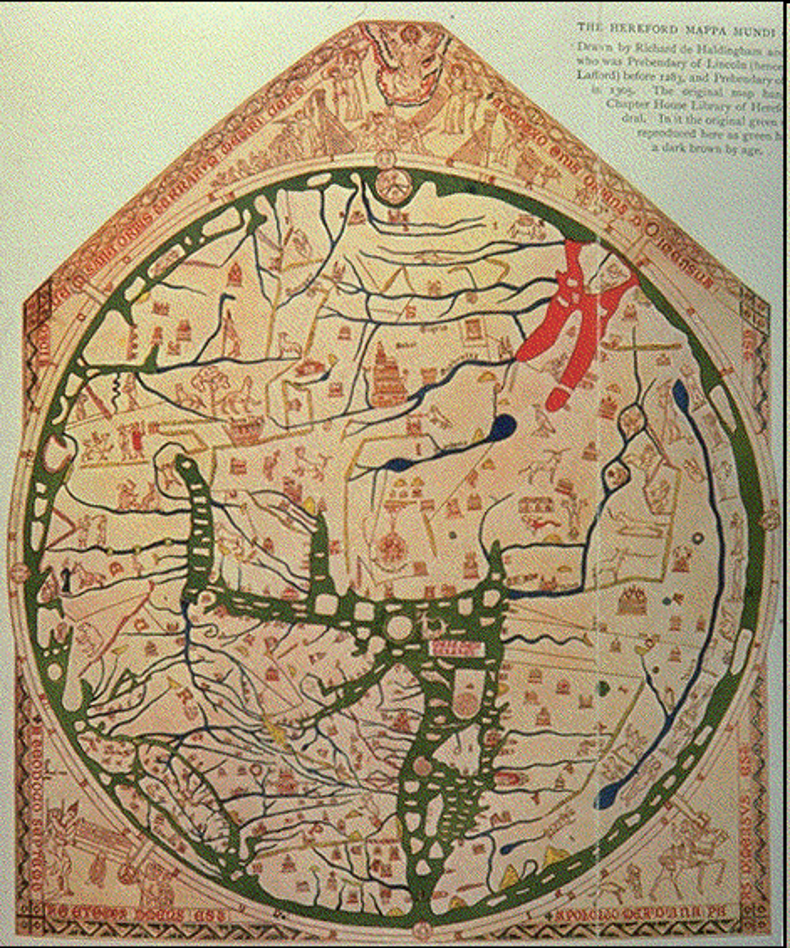
This course will explore the representations produced by medieval travelers—pilgrims, crusaders, missionaries, merchants, and emissaries, among others—in the high and later Middle Ages, largely focused on Medieval Europeans but with some attention to the peoples of the Eastern Mediterranean. As medieval people traveled to distant lands, they encountered peoples and customs different from their own. We will analyze how medieval people wrote about ethnic differences and in doing so, consider the discourses available to the medieval person to frame their experience of difference, including conceptions of “race” in the Middle Ages. While medieval travel writing was bound up with the system of auctoritas and thus heavily indebted to preceding traditions, travelers could and did produce alternative ways of seeing the world. We will explore the tensions between the universalizing discourses of Christendom and the individual experience of the traveler, charting the evolving patterns of ethnographic and geographic thought in relation to changes wrought by centuries of contact and exchange of information between Europe and its “others.”
